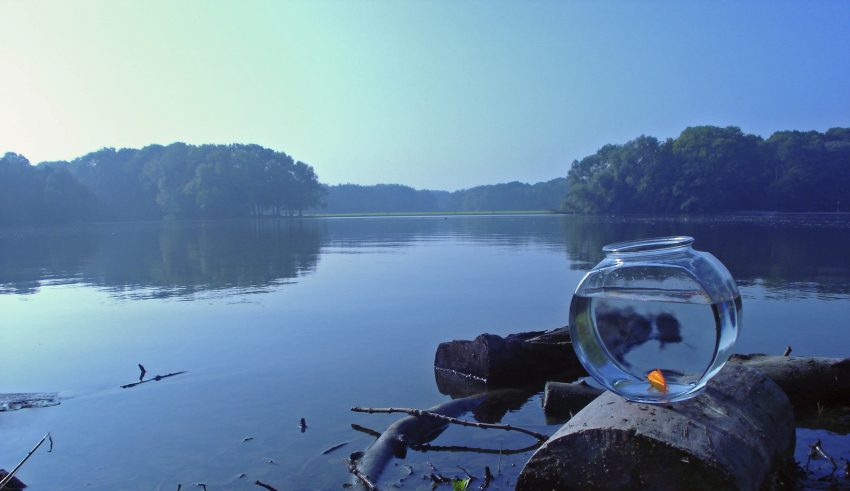
The following article was contributed by: www.margiewarrell.com
Have you ever been in a situation that wasn’t going so well, but rather than do something to change it, you told yourself, “Ah, it’s not so bad. Maybe if I just sit tight it will get better by itself. Maybe if I wait awhile, the problem will go away or I’ll just stop being so bothered by it.” Making a change, taking a chance, or speaking up just seemed too hard. Too risky. After all, if you rock the apple cart you might end up falling out of it. And so you stuck with the status quo but rather than getting better over time, things only got worse. Sound familiar?
While researching my new book Stop Playing Safe, I came upon numerous fascinating studies by neuro-scientists about how our brains work. Using the latest brain imaging technologies, researchers have been able to prove that we human beings are neurologically wired to over-estimate the size of risks, under-estimate our ability to handle them, and downplay the costs of inaction. This drives us to stick with the status quo – even one we dislike – and avoid taking the very actions that would actually set us on a path to greater personal happiness and professional success.
In other words, by choosing not to make a change or take a chance – whether in your career, business, or any other area of life – you can wind up incurring steep costs, in ways you can’t possibly foresee from where you are right now.
Professor Philip Bobbit from the University of Texas has even given a name to the human tendency to assume the present situation will remain the same. He calls it the ‘Parmenides Fallacy,’ after the misguided Greek philosopher who argued that the world was static and that all change was an illusion.
Parmenides Fallacy serves as a reminder to not to kid ourselves; choosing to do nothing (about our job, business, career, relationship, fitness, weight…) will ultimately cost us in some way. As I wrote in Stop Playing Safe, “We like to think that things will just get better with time. But more often, the opposite is true: things that aren’t working well now only get worse. Our jobs will become more draining, our careers less inspiring, our boss more frustrating.” By not taking a risk in our job or career – whether making a change or proactively trying to adapt to those changes going on around us – we run the bigger risk of being left behind.
Download Article 1K Club


















